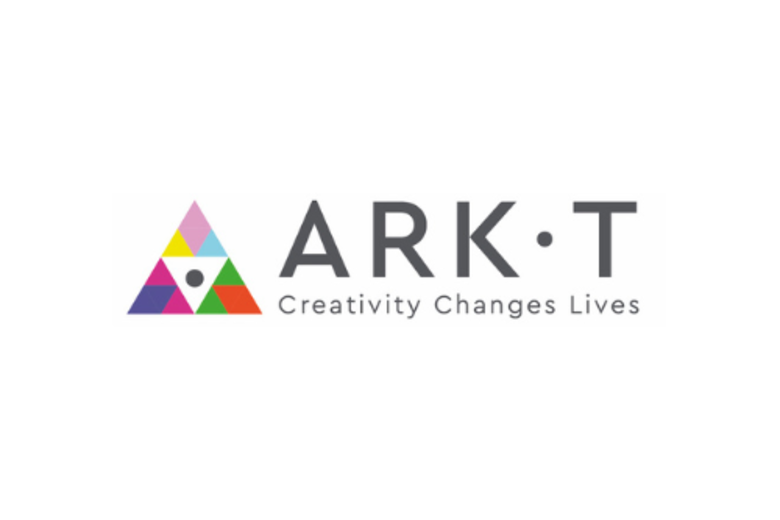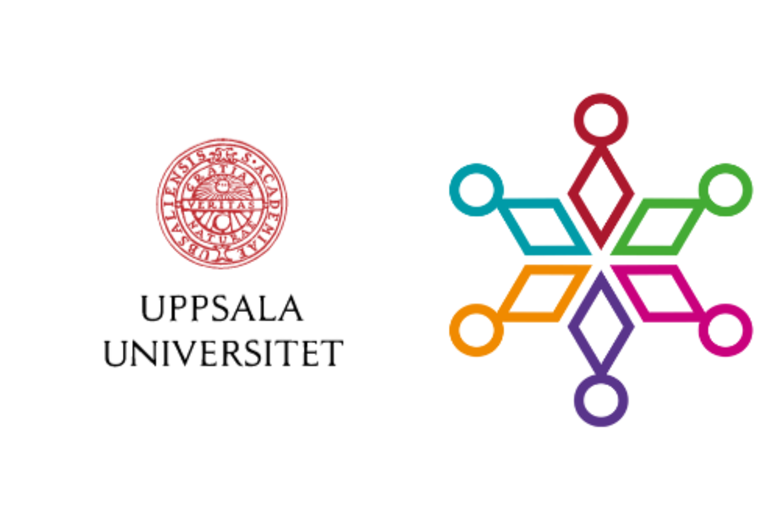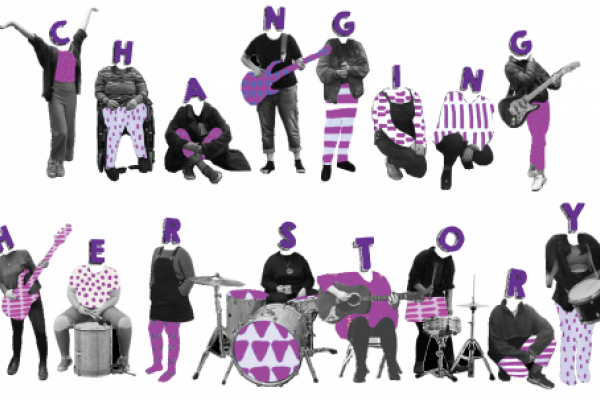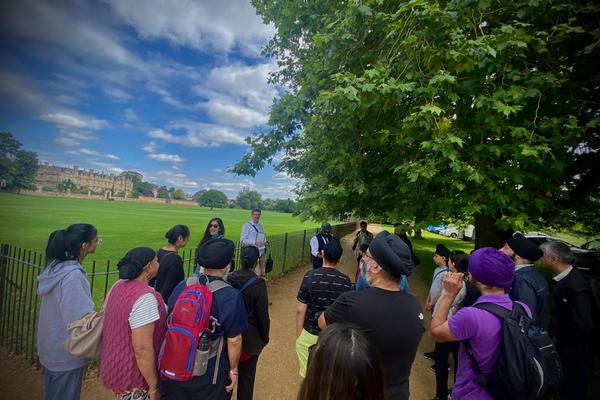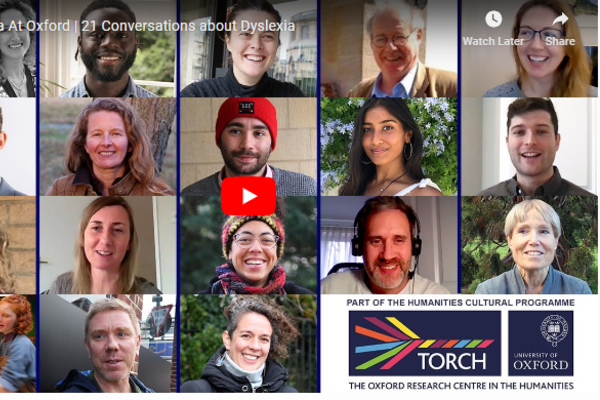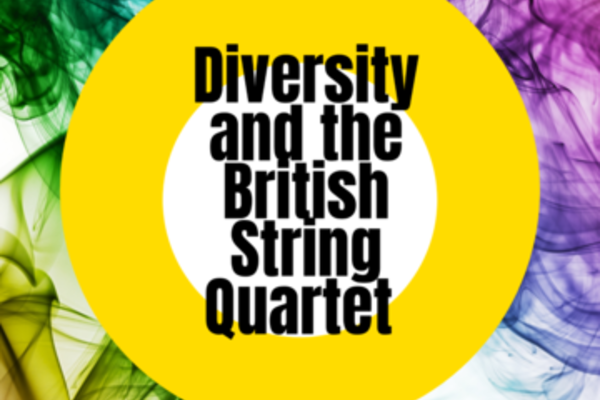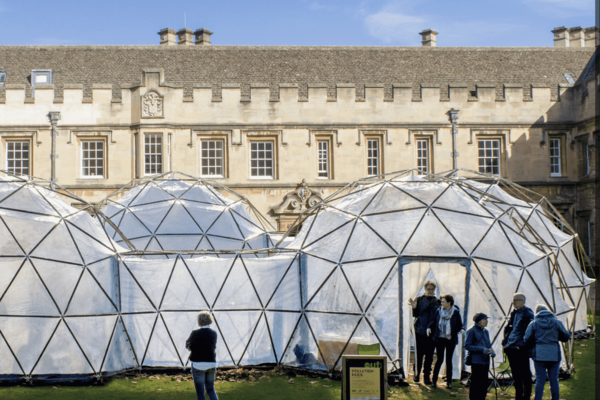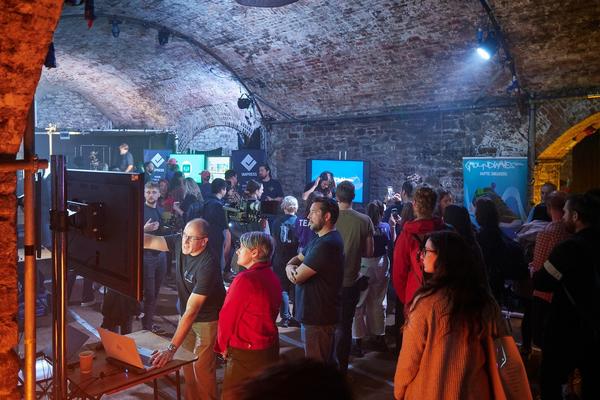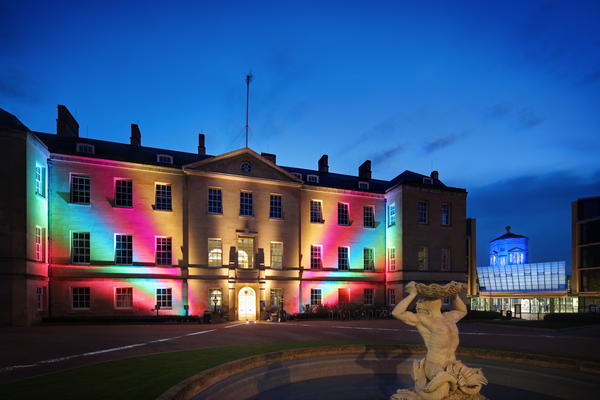Public Engagement with Research
Public Engagement with Research (PER) can involve a wide range of activities whether it is sharing research with new people and audiences or involving them in the research process itself. PER can vary depending on the discipline, but broadly it is used to inform and inspire, consult and listen, and/or to collaborate with the public. Humanities researchers regularly connect with or involve the public with their research. There is Divisional support for public engagement with research, including the support which TORCH and other teams provide. By creating and supporting such opportunities, we are able to involve a wider range of people to continue to develop an important, inclusive and equitably impactful research culture.
For further advice, resources and opportunities for public engagement:
- University of Oxford
- GLAM PER Toolkit - (Gardens, Libraries and Museums - University of Oxford)
- NCCPE (National Coordinating Centre for Public Engagement)
- UKRI and AHRC Guidance and Support
Partnerships | Participatory research | Creative Learning | Get involved
Partnerships
TORCH supports collaborations with partners on a local, national and global scale working on mutually beneficial research. Below is an example of each.
Participatory research
Through participatory research projects we seek to directly collaborate and co-create with collaborators and co-design research agendas. This approach to collaboration is at the heart of collaborations with many of our partners. There are also other excellent initiatives around the University of Oxford including Multaka (Pitt Rivers Museum and History of Science Museum, Oxford) and Community History (History Faculty). Below are some links to this important work.
Dementia Oxfordshire
Oxford Community Action
Young Women's Music Project
Community History (History Faculty)
Multaka Oxford (History of Science Museum and Pitt Rivers Museum)
Dyslexia at Oxford
Diversity and the British String Quartet
Oxford's Forgotten Stories
Participatory research – Discover
Featured case study – Diversity and the British String Quartet
Diversity and the British String Quartet brings together composers, performers, students, and academics to explore issues of diversity in British classical music through the case study of the string quartet. Read more about this case study on the project page, or watch the video below.
https://www.youtube.com/embed/pL7iq13pTjw?si=xsTblWhvMCtZpOFj
Public Engagement with Research
Public Engagement with Research Projects can cover a wide range of activities across all of the Humanities subject areas and are often cross-disciplinary in their approach. The overarching purpose to support and empower researchers and engagement professionals to do purposeful and responsible public and community engagement with research.


